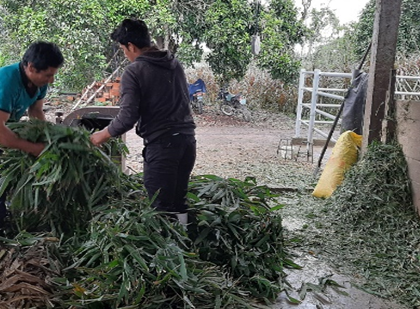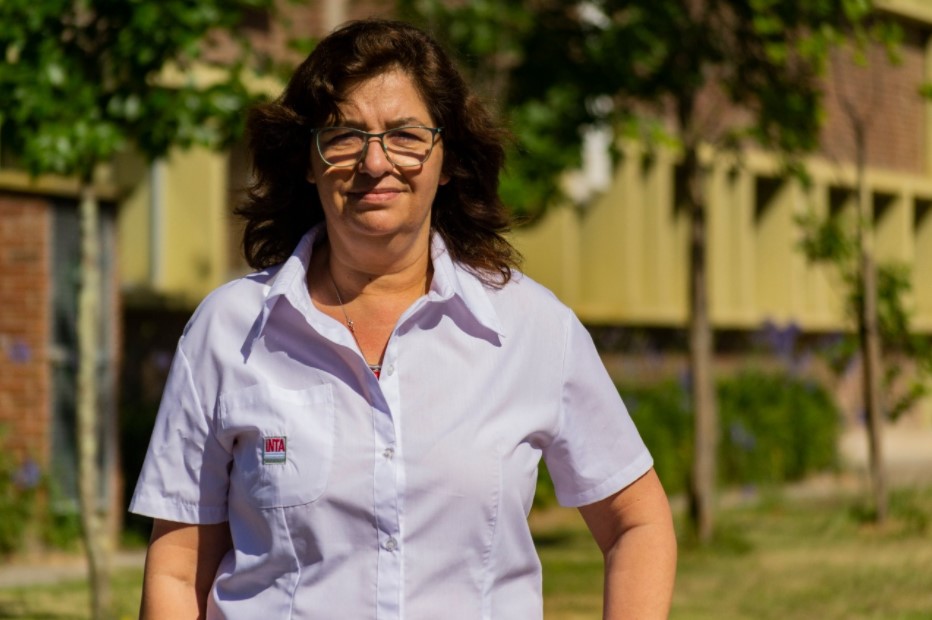Integrated crop-ruminant livestock systems as a strategy to increase nutrient circularity and promote sustainability in the context of climate change

Source: Eduardo Fuentes Navarro
INTEGRITY aims to evaluate alternative management of mixed crop-ruminant livestock systems to increase the potential increment of Carbon and Nutrient Circularity in diverse agro-climatic regions. Nine countries from three continents (America, Europe, and Oceania) are involved in this proposal. Different degrees of integration between the crops and livestock components of a system may have advantages or disadvantages, so trade-offs among economic (productivity, efficiency), environmental (nutrient cycling, soil health, greenhouse gas (GHG) emissions), and social (work arduousness and organization, household networks) indicators will be identified. Gaps in knowledge regarding impacts of the integration need to be addressed to fully understand the mechanisms that reduce GHG emissions and/or increase soil C sequestration and nutrients (i.e. C, N) use efficiency in mixed production systems; and which would be the impact of proposed interventions with a broader and holistic perspective. These interventions will be specifically designed for each situation and will be evaluated experimentally to quantify their impact, not only through direct and specific effects but also in a broad sense addressing the circularity within the agricultural systems by different modelling tools. Standardized evaluation approaches and procedures across the different partners will allow direct comparison of the relative impact of new management alternatives. Stakeholders’ involvement through the process will certainly help to focus on applicable new practices and facilitate their adoption by farmers. The conformed Low Carbon Livestock - Research Network, a regional platform involving countries from America and Europe created in 2020 and supported by the GRA, will strengthen the capacity-building opportunities for young researchers and enhance the result dissemination platform.
Proposed activities within this project will be organized in 5 Work Packages (WP):
A particular characteristic of this proposal is the range of diverse production systems with different agro-climatic and socio-cultural characteristics that will allow observing differential responses of enhanced resource use efficiency and optimize nutrient circularity with the integration of the two systems components at different locations. This project involves cross-institutional and cross-disciplinary cooperation, which will be supported by the consortium’s complementary scientific skills, and reinforce and expand a history of mutual cooperative research where new partners will be involved.

Source: Claudia Faverin, INTA
Dr. Claudia Faverin
National Institute of Agricultural Technology, ARGENTINA
Email: faverin.claudia@inta.gob.ar
Dr. David Yañez-Ruiz
Agencia Estatal Consejo Superior de Investigaciones Cientificas, SPAIN
Prof. Matti Pastell
Natural Resources Institute Finland (Luke), FINLAND
Dr. Tianhai Yan
Agri-Food and Biosciences Institute, UNITED KINGDOM
Dr. Andre mazzetto
AgResearch, NEW ZEALAND
Dr. Carlos Gómez Bravo
Bravo Universidad Nacional Agraria La Molina, PERU
Dr. Verónica S. Ciganda
National Agricultural Research Institute of Uruguay (INIA), URUGUAY
Dr. Diego Morgavi
French National Research Institute for Agriculture, Food and Environment (INRAE), FRANCE
Prof. Sharon Huws
Queens University Belfast, UNITED KINGDOM
Prof. Gary Lanigan
Agriculture and Food Development Authority – Teagasc, IRELAND